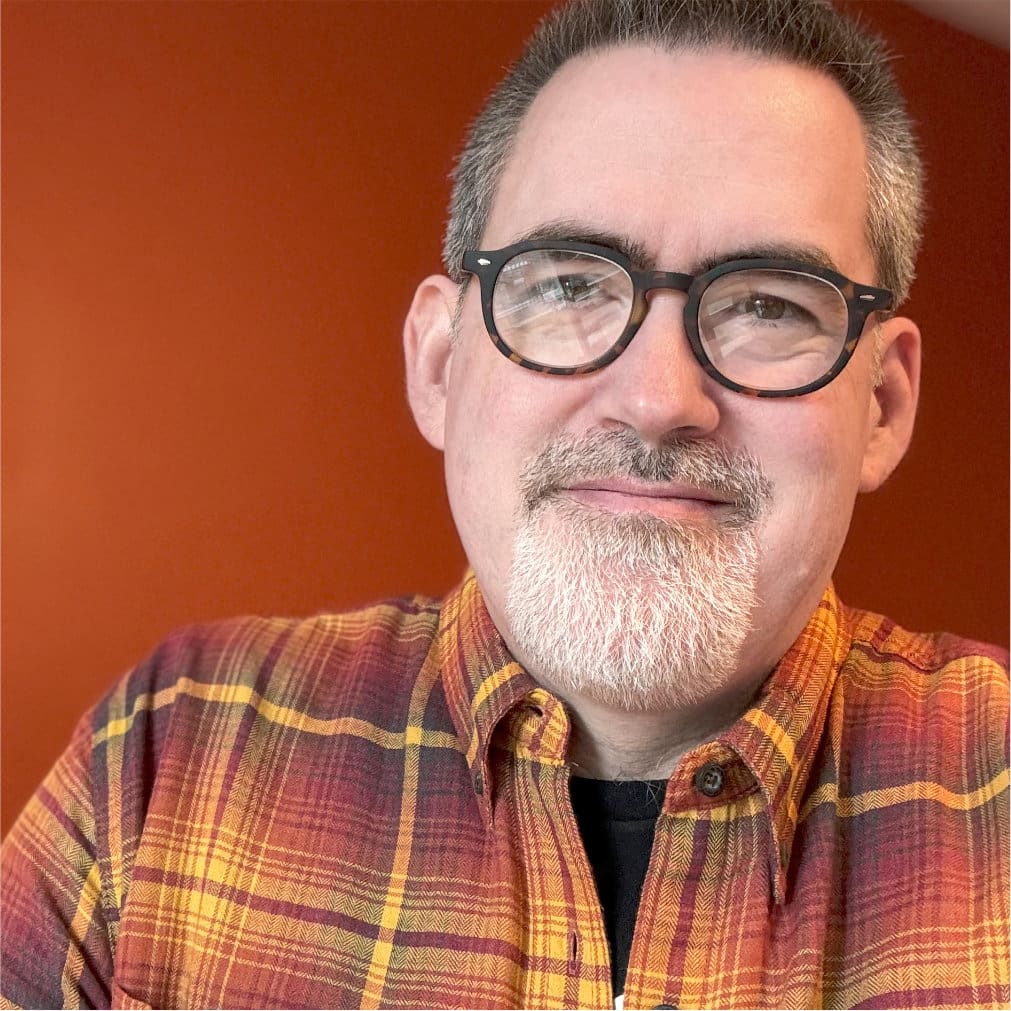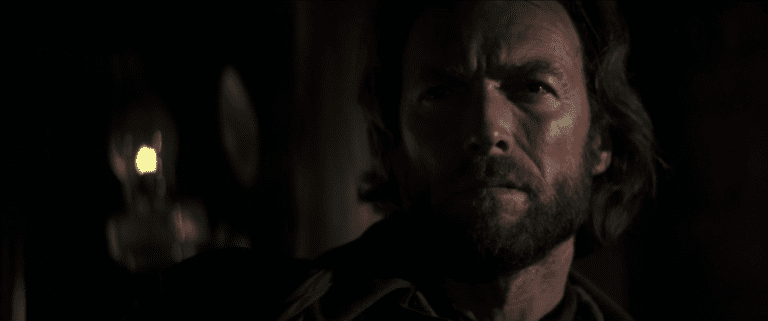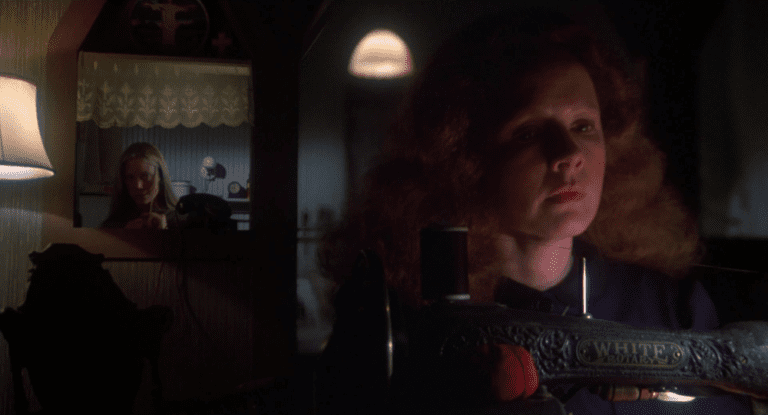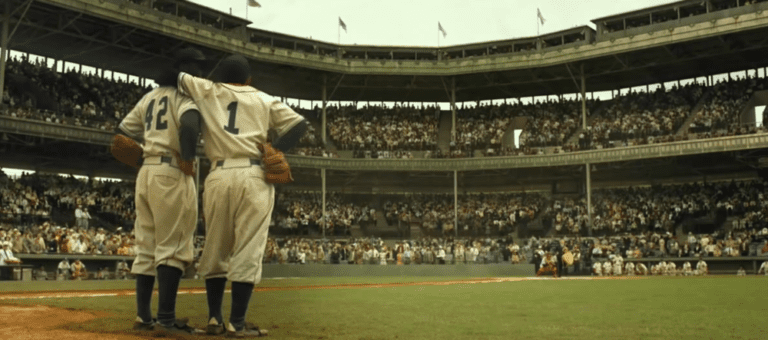
Susan Zabriskie on Emotional Intelligence
This week on the show, emotional intelligence coach Susan Zabriskie joins us to talk about EI and the importance of emotions in our relationships and our health.
Pete has been a broadcaster for the last 30 years, falling in love with the edit bay in the back of a newsroom in Colorado Springs, Colorado. He studied journalism at the University of Colorado with a focus on long-form documentary production, turning that early experience into a career helping businesses shape the stories of their brands through image and sound. Pete earned an M.S. in Organizational Design and spent fifteen years teaching graduate marketing students the power of human-centered communications. From public relations teams on global multi-million dollar brand projects to marketing for independent business owners, Pete has helped shape communications that build brands. In 2006, he launched Fifth & Main, LLC., a media consultancy focused on brand-building through the nascent field of podcasting. In 2020, nearly 3,000 individual podcast episodes behind them, the company rebranded as TruStory FM with an ear toward the next decade of podcast education and entertainment.
Pete has hosted as well as been a panelist on a number of episodes.
This page features episodes on which he has been a host.
See episodes where Pete has been a panelist right here.


This week on the show, emotional intelligence coach Susan Zabriskie joins us to talk about EI and the importance of emotions in our relationships and our health.

This week on the show, Nikki Kinzer and Pete Wright discuss what it means to wake up to a diagnosis of ADHD and share resources that can help you make the transition to living an organized and productive life through accommodations and structure.

For Clint Eastwood’s fifth directorial effort, he returned to one of the genres he’s most well-known for — the western — and created an absolute classic, The Outlaw Josey Wales. A western affected both by the revisionist movement within the genre that had been growing for nearly a decade as well as by the overall darker, more realistic tones exhibited in 70s cinema, this film took a lot of old elements from classic westerns and turned them on their heads: the Union soldiers are the bad guys, the outlaw is the hero, the Native Americans are not just real characters but actually integral to the story, and the final shootout takes an unexpected — and ultimately very gratifying — turn.

K. P. Khalsa joins us once again this week to discuss the practical implications of dosing in herbal medicine.

This week on the show, Nikki Kinzer and Pete Wright talk about the state of tolerations in their homes and take on the challenge to trample them all!

Brian De Palma had been making feature films for almost a decade before he made Carrie in 1976, but it was this film that became his first blockbuster and really pushed him to the next level. By making an adaptation of the first book by an up-and-coming writer at the time, Stephen King, and turning it into a very effective and frightening psychological horror film, De Palma created a classic that is nearly as effective (if a bit dated) as it was when first released. Join us — Pete Wright and Andy Nelson — as we continue our 1976 series with

This week on the show, Nikki Kinzer and Pete Wright take on this listener request and share practices for living organized while living alone.

This week on the show, K.P. Khalsa joins Pete Wright to discuss the importance of the traditional Chinese philosophy to health, and why understanding this area of medicine can be such a valuable tool in the provider’s toolkit.

The Film Board gathers to take on this weekend’s new release, “42”. This Jackie Robinson biopic comes with some misgivings, not the least of which comes in writer-director Brian Helgeland’s script.

This week on the show Alicia joins Pete Wright to discuss how this critical component can plays into overall patient care from the nursing — and patient — perspectives.